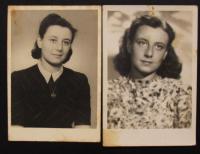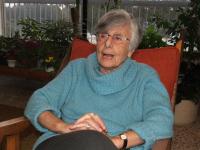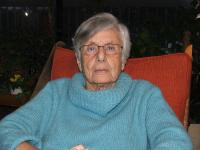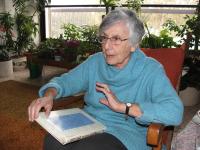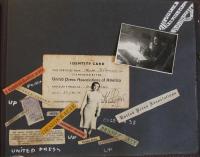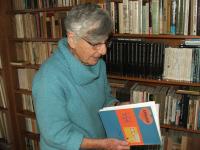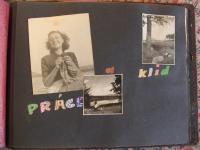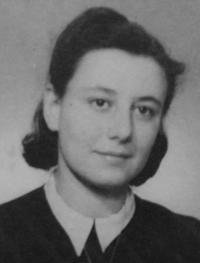I let my number from concentration lager removed

Download image
Israeli journalist, writer a translator of Czech literature was born in Prague in 1923. She was active in Zionist movement before and after the war. She went to concentration camp Theresienstadt and then to family camp in Auschwitz where she looked after children. She survived as she was transported in June 1944 to work in Hamburg, Germany. She was in Bergen-Belzen in the end of the war. After the war she worked in United Press office in Prague. In 1949 she went to Israel. In Israel she worked as journalist in Davar newspaper. She was first female journalist in Israel to receive prestigious Sokoloff price. Ruth Bondy passed away on November, the 14th, 2017.
